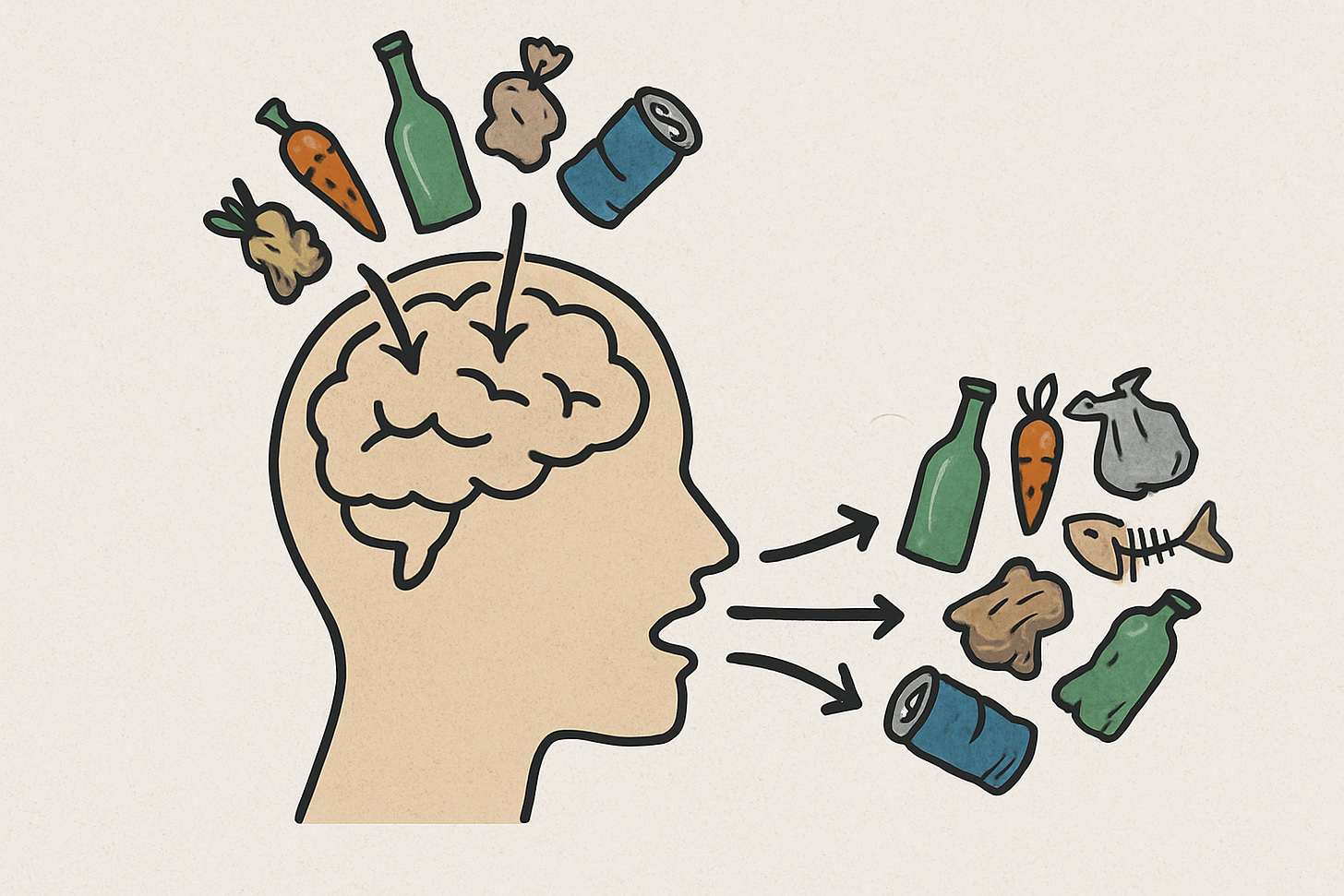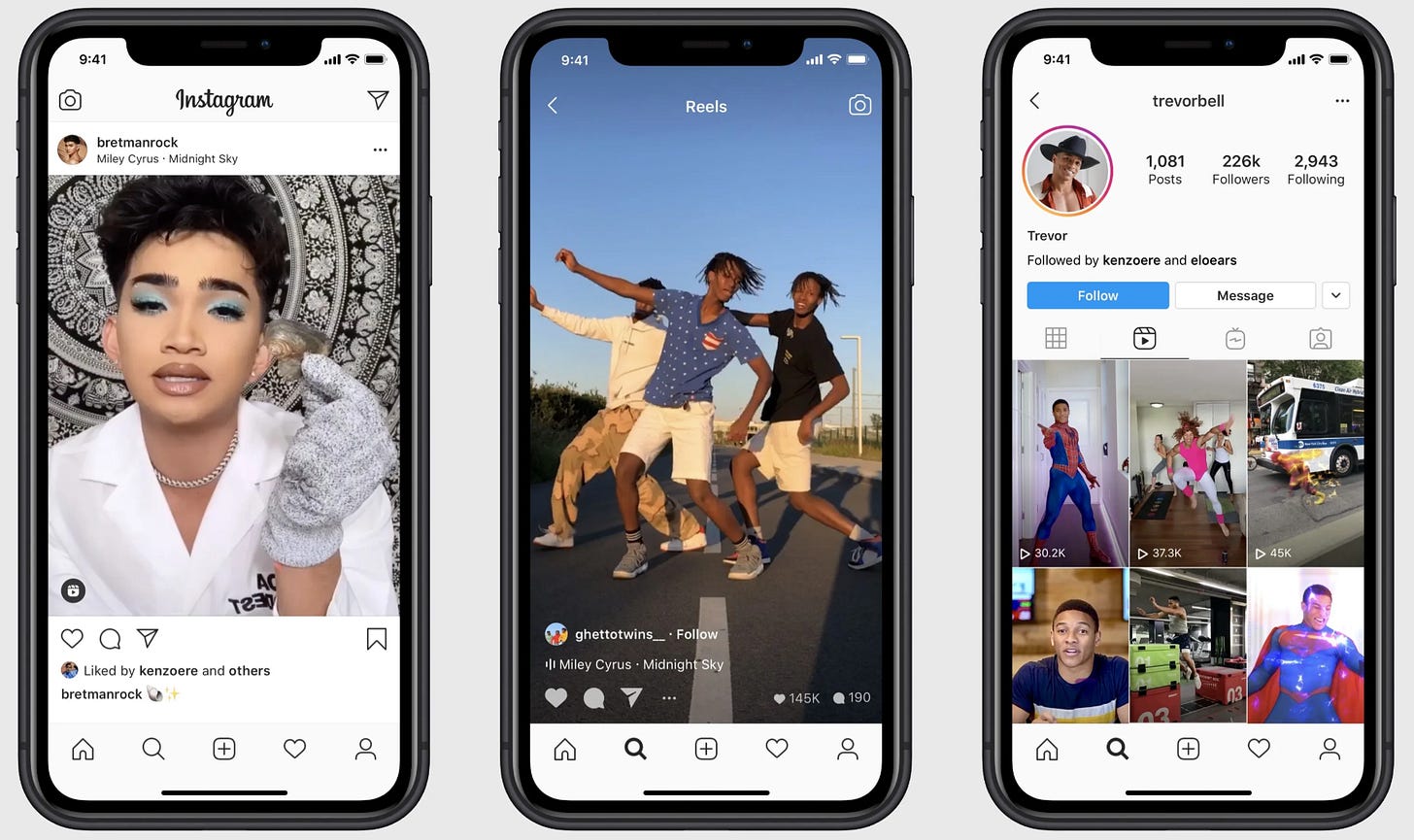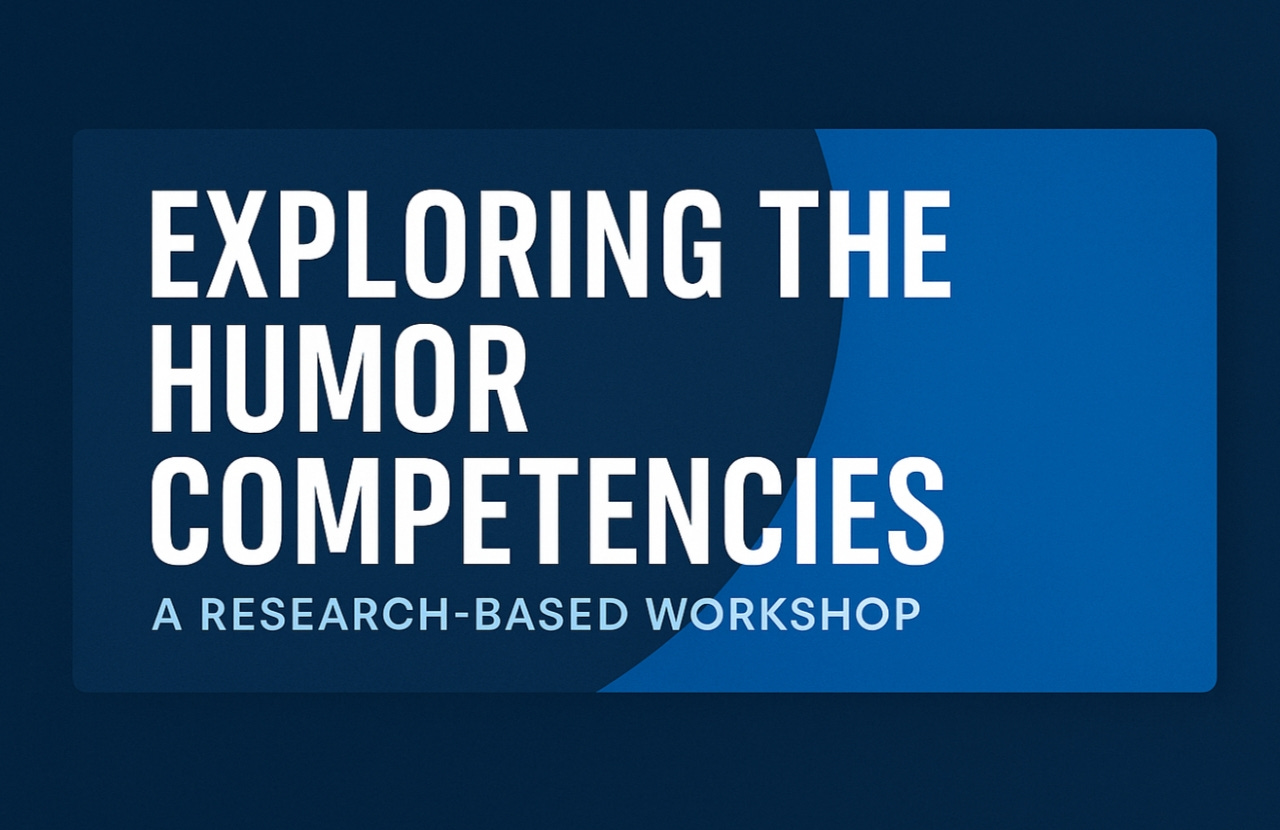You Are What You Consume
Mental Residue and the Lingering Effects on What You Watch, Read, and Hear
There’s a term I recently came across that perfectly describes something I’ve experienced over and over again: mental residue.
It’s the idea that the things we watch, read, and listen to don’t just pass through us like clean water through a pipe. They leave something behind. They linger. They echo.
I recently binge-watched the TV show, Echo, on Disney+ over the course of two flights. Not because it was amazing or even particularly gripping… I watched it because I’m a completionist with the Marvel Cinematic Universe.
If they release something, I feel like I have to watch it. Which means I suffer through shows like Secret Invasion but get pleasantly surprised by Agatha All Along.
And even though Echo wasn’t great, it still stuck in my brain. I found myself thinking about scenes that were cool, moments that didn’t quite work, and how it all fits (or doesn’t) into the broader MCU.
It wasn’t so much that the show was worth thinking about, but more that my brain had absorbed it anyway. And that’s the thing with content: we don’t always get to choose what lingers. Even mediocre input leaves residue.
Garbage In, Garbage Out
Back when I was studying computer science, we were taught Garbage In, Garbage Out.
If your input is messy or meaningless, your output will be too. It doesn't matter how elegant your code is, if the data going in is flawed, the results will be flawed.
These days, that idea feels more relevant than ever. Especially in the age of AI.
Because that same rule, GIGO, applies to our minds.
The content we consume becomes the data set our brain uses to process the world. It shapes our thoughts, influences our mood, and even alters the way we talk to ourselves.
When I was watching Ted Lasso, I found myself feeling more optimistic. I’d catch myself being just a little more curious, a little more kind. It wasn’t because the show explicitly told me to. It was because I’d spent hours with characters who modeled those behaviors in a way that made them feel doable.
Compare that to watching Succession, where I felt like I wanted to overthrow a maniacal father and usurp their empire despite being woefully unqualified for it…
The Impact on You
This mental residue is critical to understand because of the impact it can have.
If your inner voice is snarkier than usual, or your thoughts feel scattered, or your creativity’s in a slump—it might not be you. It might be what you’ve been feeding your brain.
Personally, I’ve found short-form video to have the worst lingering effects.
You know those days where you fall into the black hole that is the TikTok, Instagram, or YouTube algorithm? You blink and suddenly it’s 45 minutes later, and you’ve consumed 97 videos, three of which were funny, none of which you could recount in any detail.
Those are the nights I find it hardest to fall asleep. Maybe it’s because nothing actually stuck. There’s no narrative, no arc, no takeaway, just a flood of dopamine spikes without any anchors.
Your brain is overstimulated but undernourished, like trying to run a marathon after stuffing your face with only cotton candy.
Choose Your Residue
That doesn’t mean you have to go full monk mode and only watch documentaries or read Stoic philosophy. It means noticing the residue and deciding if it’s the type of leftovers you want.
Recognize that what you choose to consume isn’t just about that 60-second reel, 2-hour movie, or 341 hours that make up the MCU (according to the MCU Wiki)... it’s also about the time you’re going to be thinking about it afterwards.
And if something is going to stick with you, you might as well be intentional about what it is.
Want to laugh more? Watch things that make you genuinely laugh. Want to feel more optimistic? Read things that leave you a little lighter. Want to use humor more skillfully at work and life?
Well that’s what you’ve got me for :).
Join Today’s Humor Competency Workshop
We’re hosting a live Humor Competency Workshop today (September 5 at 12pm ET), and you’re invited. This isn’t a webinar where you sit by passively. It’s a live, interactive session where we explore how humor actually works… and get your feedback on how it’s presented.
You’ll get to reflect on how you currently use humor (intentionally or not), learn a framework for building humor like a skill, and connect with other curious humans looking to make work suck less.
If you’re ready to make humor part of your mental residue in the best way possible, come join us. We'd love to have you in the Zoom.
-Andrew
PS. I finally got a chance to see Thunderbolts*. I had a-void-ed it but, I’m glad I checked it out.







Completely agree. 2 years ago I got off social and news feeds and my happiness level is at an all time high. I’m seeing more of what matters in the world. And I’ve missed out on…nothing.